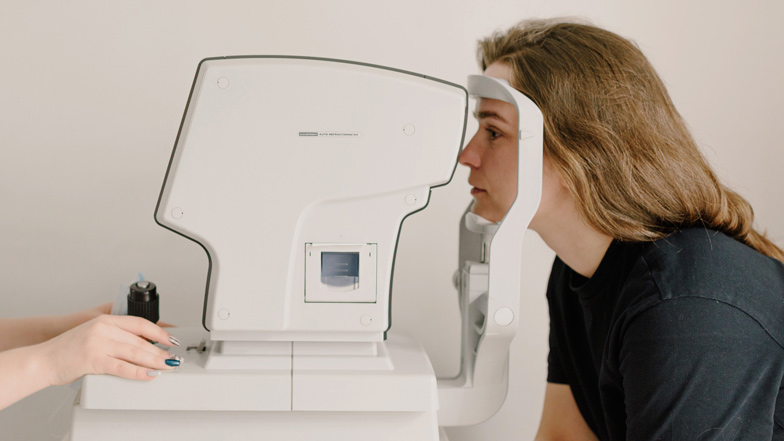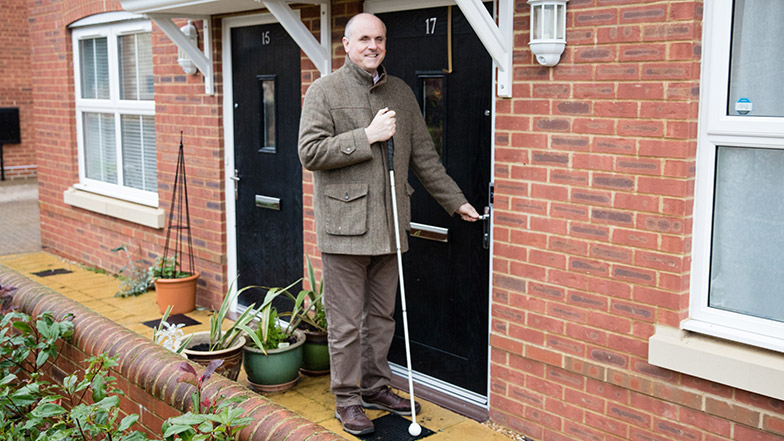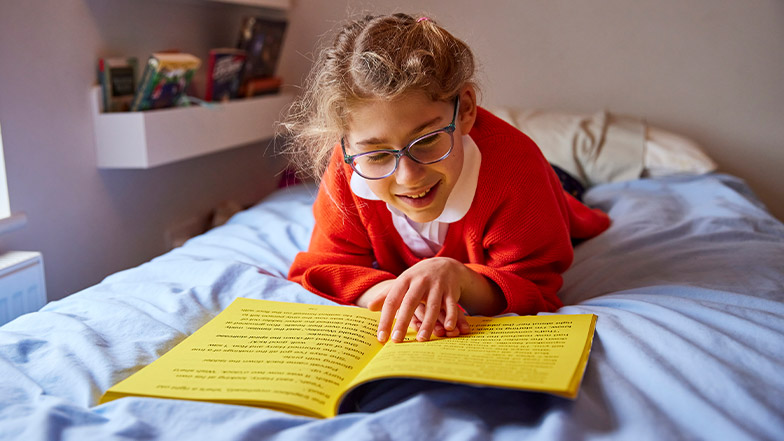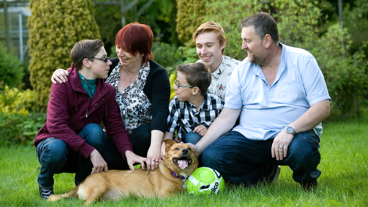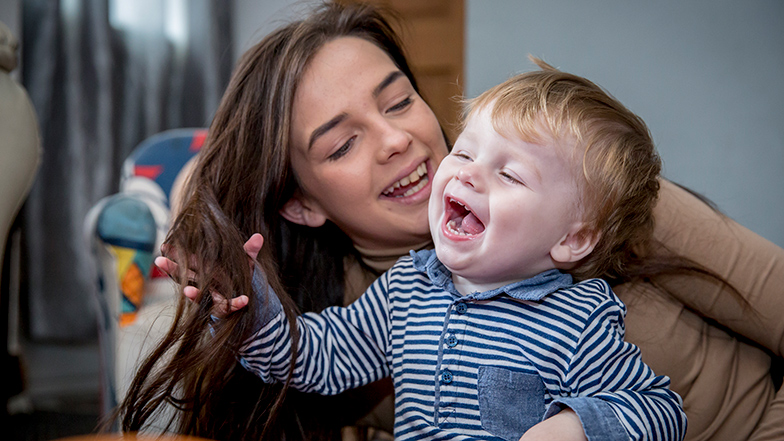Information and advice guides
Whether you're looking for more information on your eye health, technology to help you, tips on looking after your guide dog, or support for your family, we have provided information and advice on an array of topics to answer your queries about living with sight loss.
In this section...
We have a range of services to help you live actively, independently and well with sight loss. Complete our short form to find out which service is right for you.
Call us on 0800 781 1444 for more information and guidance.
Open Monday to Friday , 9am to 5pm

Have you tried the Tech selector?
If you are looking for tailored and unbiased recommendations on products and apps that can help you with your daily activities and more check out our Tech selector page which will help you filter products as per your needs.

